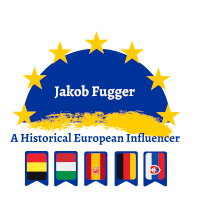«Each community has the duty to protect the earth and to ensure its fruitfulness for coming generations.» (LS 67)
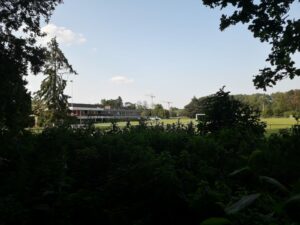
From 21 to 28 May, the Laudato Si’ week ran worldwide. This action week for ecology was named after Pope Franciscus’ encyclical of the same name, in which he calls the world to an «ecological conversion». In all corners of the world, this text resonated, and this across religious and cultural boundaries, because the keynote is one of solidarity. The earth is home to us all, it says. To keep it liveable, we need to adapt our lifestyle to who and what is vulnerable. This is not just a matter of survival, but also a way to honour and sustain God’s creation. We can save the planet, and even make it more beautiful, if we adopt a new lifestyle that gives ‘breath’ to everyone, from the smallest life to those who transcend us. And thus also to ourselves.
Since the Industrial Revolution, we have been brought up with the idea that we should bend nature to our will. Unbridled growth became the measure of the economy and we humans became the measure of all things. Today, fortunately, the awareness has grown that we are wrong. We are not above or outside nature; on the contrary, we are an inseparable part of it.
To very specifically greenify church buildings in Flanders and contribute to ecological awareness of the church community, the organisation Ecokerk was founded by the Belgian bishops in 2005. Precisely during this week in May 2023, it kicked off the campaign «Heal the earth and everything that breathes and lives» with a tree-planting campaign. It thus calls for the protection and restoration of biodiversity.
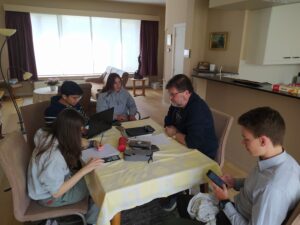
During the Easter holidays on Thursday 13 April, Magalie, Marie, Andrei and Jash, some pupils who participated in the mobility in Banska Bystrica, figured out what our carbon footprints are. They calculated how much CO2 emissions our trips abroad entailed. Within the entire Erasmus team, it was agreed that we would do something to compensate.
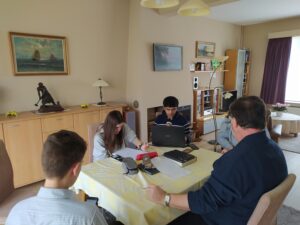
Planting trees helps against climate change. It makes our environment more resilient to heat waves and heavy rainfall. However, the promise of easy and cheap removal of CO2 allows difficult choices to be sidestepped, resulting in less investment in renewable energy and technologies that can make fossil fuels redundant. People feel that the normal pattern of living/investing can be maintained, when this is not the case. We are also aware that this is ultimately not a solution for all people. After all, there is not enough space worldwide to plant as much extra forest as would be needed to offset our current CO2 emissions, but as an awareness-raising measure it is a nice and meaningful way to do something extra anyway. As a Catholic school, we fit in nicely with the appeal launched by Ecokerk with its action.
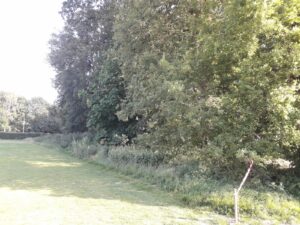
OLVCplus has the Mariënborgh sports centre with a neighbouring forest, where there is still room to plant additional trees. As in the other countries, we would have liked to organise a tree-planting campaign now, but several nature organisations have advised us against doing this now in May or June, as there is little chance that the trees would survive, because of the temperature, the already initiated growth of the trees and the amount of water we would have to give to keep the tree alive. Our main campus is not near the Mariënborgh sports centre, so this is unfortunately not feasible now. Ideally, we will do this in November.
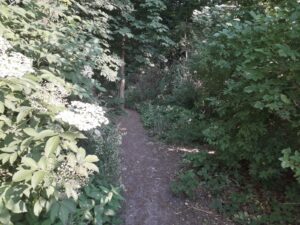
As a school, we commit to doing this then as a further aftereffect of the Fugger project. In this way, as an Ignatian-inspired school, we also join the wider campaign with 7 Laudato Si’ goals of Pope Francis, one of which calls for a response to the ‘cry of the earth’…
